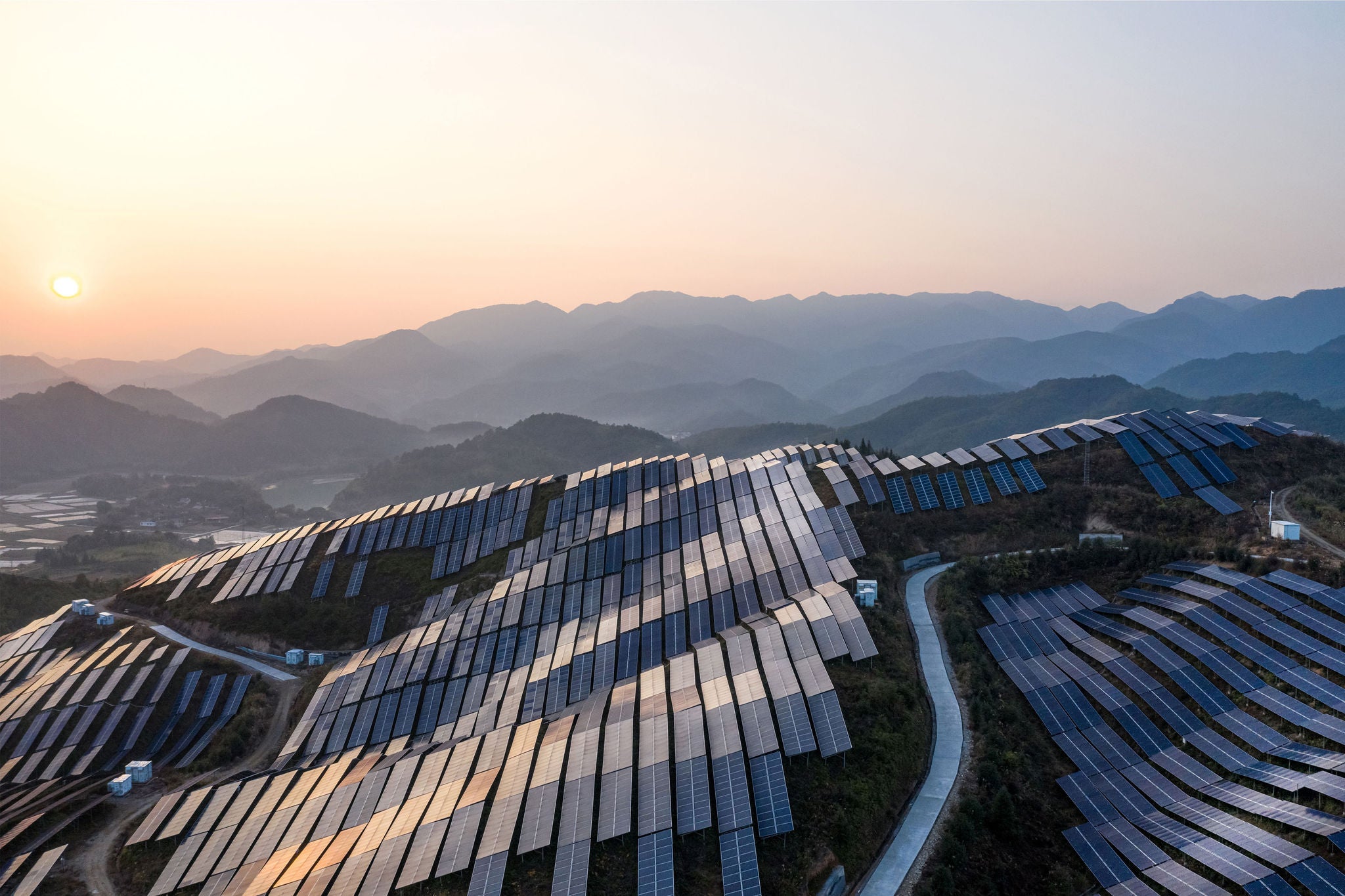EY refers to the global organisation, and may refer to one or more, of the member firms of Ernst & Young Global Limited, each of which is a separate legal entity. Ernst & Young Global Limited, a UK company limited by guarantee, does not provide services to clients.

A low carbon roadmap for Aotearoa New Zealand identifies solutions to manage the risks and seize the opportunities within a rapidly-evolving energy ecosystem.
Overview
Aotearoa New Zealand’s energy system currently contributes 44% of the nation’s total emissions, and nearly 90% of carbon dioxide emissions.
Many of the solutions to decarbonise exist now, but the energy sector needs to do some heavy lifting this decade. Urgent, coordinated action from government, industry and the community is needed at scale by 2030 to limit climate change to within the 1.5°C outlined in the Paris Agreement.
With secretarial support from EY, The Aotearoa Circle brought together a diverse group of 50-plus energy experts and community stakeholders to create a shared roadmap to 2030 and to chart a course to net zero emissions by 2050.
Actions
During the 10-month project, EY coordinated discussions with 15 Leadership Group members, 30-plus members of the Technical Advisory Group, plus more than a dozen other meetings with Māori stakeholders, regulators, interest groups and public sector agencies. There were surveys, virtual drop-in sessions and consultations with industry groups.
With so much at stake, and a complex energy ecosystem with many moving parts, The Aotearoa Circle and EY defined a target future state and adopted a framework that integrates a te ao Māori – or Māori perspectives – of wellbeing.
For instance, improving the energy performance of homes will meet the objectives of the first recommendation’s theme: “Keeping whānau [extended family] warm, dry, and healthy”.
Importantly, the report’s recommendations were informed by a scorecard system which prioritises initiatives, as well as guiding principles which helped to address trade-offs by emphasising those that contribute holistically to wellbeing.
Outcomes
The Aotearoa Circle identified three big opportunities: to use the country’s highly renewable electricity system and significant renewable energy potential; to export its decarbonisation knowledge and skills; and to attract industries looking to take advantage of a low carbon energy system.
Launched in March 2022, the Low Carbon Aotearoa: Energy Roadmap to 2030 outlines a low carbon pathway that ensures energy security, affordability and a just transition towards net zero by 2050.
Summary
A low carbon roadmap for Aotearoa New Zealand identifies solutions to manage the risks and seize the opportunities within a rapidly-evolving energy ecosystem.

